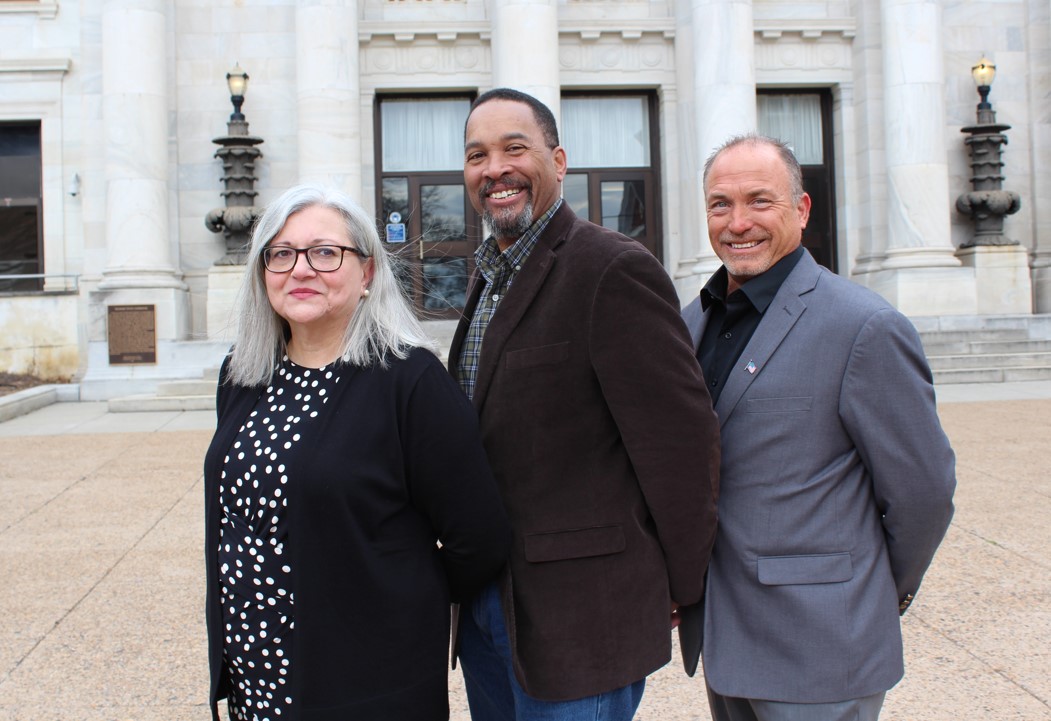(This article first appeared in Broad + Liberty) Being a lawmaker in Pennsylvania’s General Assembly comes with many perks.It’s a full-time job with six-figure pay. Gracious per-diems and mileage allowances make keeping up with the job easy. And, although far less advertised, it also comes with at least four free tickets to a Penn State […]



